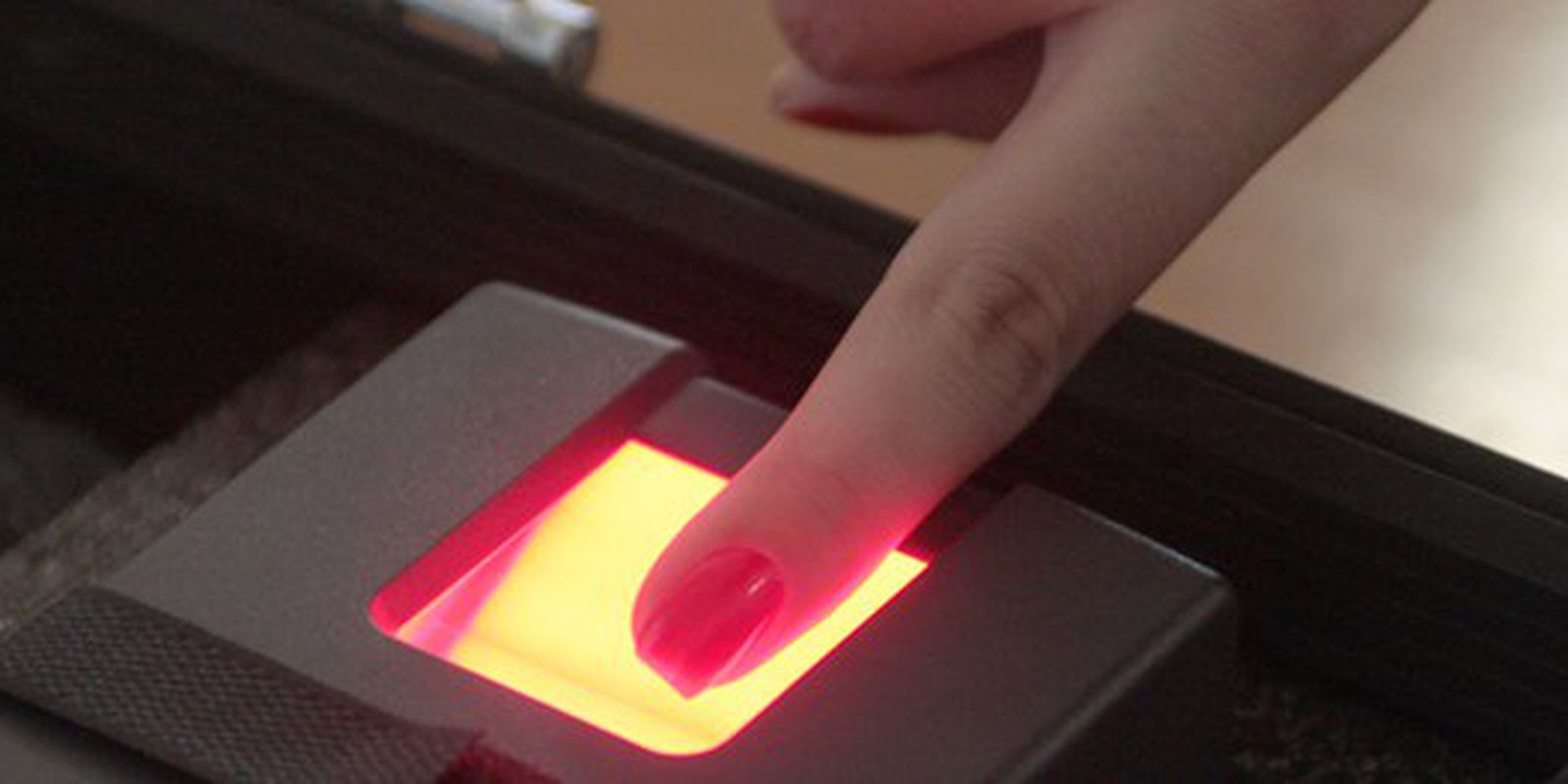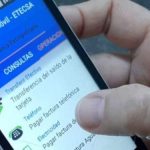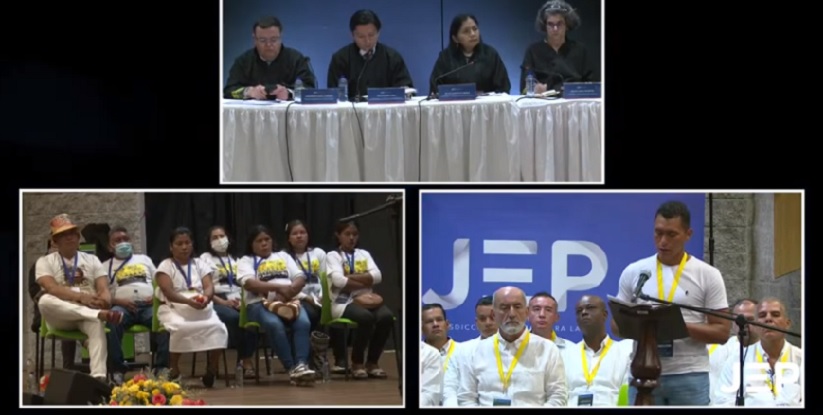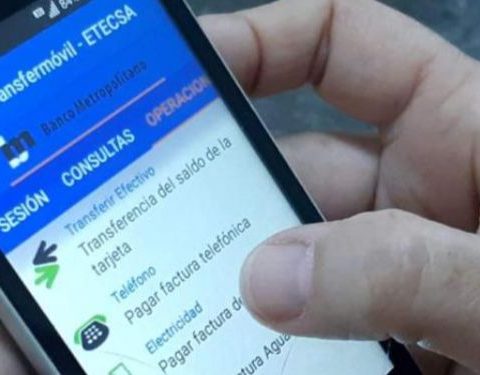Six out of ten Brazilians have already missed a day of work to go to a place where they had to confirm their identity, and this is also the proportion of those who missed a class to solve this type of bureaucracy. These and other data were released today (19) and are part of a survey carried out by the Locomotiva Institute and the company Unico, startup which develops forms of digital identification.
For the study, the Locomotiva Institute heard, between April and May of this year, 1,561 adults from classes A to D and with internet access. Respondents are from all regions of the country, and the margin of error in the data is 2.5 percentage points.
According to the responses, 98% of the population say they have already faced some difficulty in confirming their own identity, 94% say they have already lost time and 84% report having suffered financial losses.
The need to confirm their identity in person was more frequent in banking and financial services, which occurred in the case of 93% of respondents. Even when only the last 12 months are considered, 69% of people said they had to go to these institutions to prove that they were themselves.
For Unico’s Communications director, Pedro Henrique Oliveira, it is not surprising that banks are at the top of this ranking. “This is associated with an attempt to create more and more layers of protection, which is commendable. But what the sector needs to understand is that there are more modern ways of maintaining security without generating friction”, he says, who highlights that displacements to confirm identity incur costs to people that go beyond the round-trip ticket. “Let’s imagine that she is a day laborer. When she has to go to the bank just to release her card, that person has not been given a cleaning and that has an impact on her life.”
Bureaucratic problems related to identification also caused losses when it came to getting a job or getting help from the State. According to the survey, three out of ten people have already lost a job opportunity because they did not have a document proving their qualifications, and a third of those interviewed were unable to register for social programs because they lacked a document.
the director of startup advocates services such as facial biometrics for identity authentication and biometric electronic signatures. “Research shows us that society is increasingly moving towards being digital and offering digital services. But people’s access, the way to authenticate and recognize people, still follows the pattern of 10 or 15 years ago”.
Respondents considered that public services offer more bureaucracy in this regard, as 71% claim to have wasted time or money unnecessarily in these places, but the private sector is only two percentage points behind, if the margin of error is considered, with a percentage of 64 %.
“It is possible to be safe and avoid fraud by being simple, through technology. The federal government has already shown this with Gov.br and others, many companies are already moving towards this, but it is a trend in which we still need to advance in Brazil”, he says. “We still don’t put the user at the center of the process. In the name of protection, which is necessary, we create many barriers”.
















